What free benefits are available to Russians?
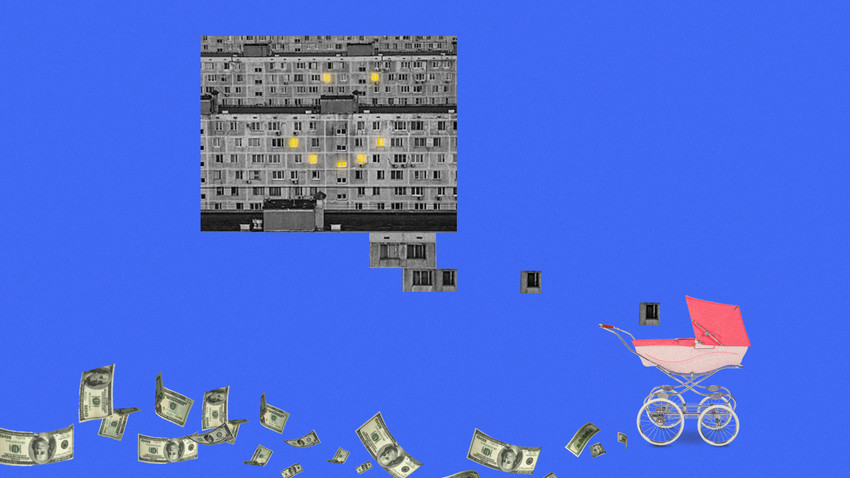
1. An apartment

To begin with, in order to get a free apartment from the state, a person needs to meet two criteria: they must have a low income and be in need. The first criterion is set at the regional level (income is calculated in relation to the cost of living). The second is decided at the federal level, where a list of persons qualified to receive a flat from the state is compiled. In other words, to be considered as a candidate for receiving a free apartment, a person must be officially considered poor in the place where they live, and they must be on the list.
The list comprises: people who currently have a living area below the norm set per person; young people who leave children's homes when they become of age; large families; war veterans; people suffering from severe chronic diseases; people who live in dilapidated housing; people with disabilities.

There is, however, a catch: the waiting time is likely to be very long. Having collected all the necessary papers and visited an endless number of officials, a person is then put on a waiting list, and can spend years, if not decades, on it. But the good news is that they will definitely be given an apartment, it is only a matter of time. Furthermore, the apartment is likely to be newly built, or, -if not, it is still more than likely to be in a decent state.
There are also ways of speeding the process up. One can join one of the numerous state programs and partly pay for an apartment. One such program is called Housing for Young Families. This is how it works: you are put on a waiting list as part of this program, in a few years' time you get a certificate (usually covering 30-35 percent of the cost of housing), you add the rest from your own funds, and the flat is yours. Compared with the waiting time of 10-30 years on a standard waiting list, this option offers a real shortcut, as certificates are usually given just after two or three years in the program.
Also, apartments are provided to military servicemen and women - and become their property after at least 10 years of service - as well as other public servants ( prosecutors, investigators, judges and employees of emergency services etc.) if they do not have any other housing.
2. $10,000 for a first and second child
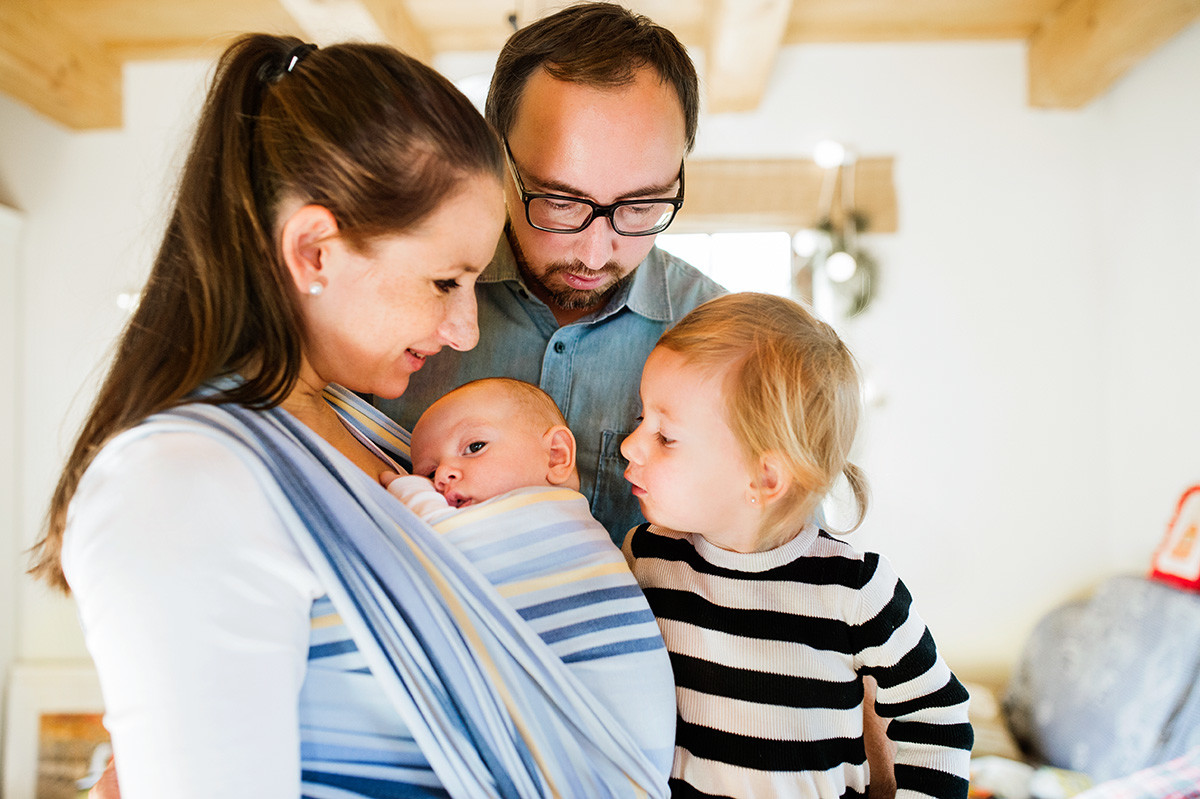
This program is called maternity capital, although in reality it covers the whole family, and the money can go not just to the mother, but also the father, and, in some cases, even the child. Previously, the payouts were available to families once they had a second and a third child. Since 2020, the program has been extended to cover firstborns too, whose families now receive a state certificate worth 466,000 rubles ($7.350). If a family has a second child, they receive another 150,000 rubles ($2,370). And if a third child is born, the state repays the family's mortgage to the tune of 450,000 rubles ($7,000).
Maternity capital can be spent in different ways: to pay a mortgage, to build one's own housing, to pay for a child's education, or it can be broken down into monthly payments (but in this case the total amount will be slightly less). One thing that parents cannot do with maternity capital is to withdraw it all in cash.
3. Education
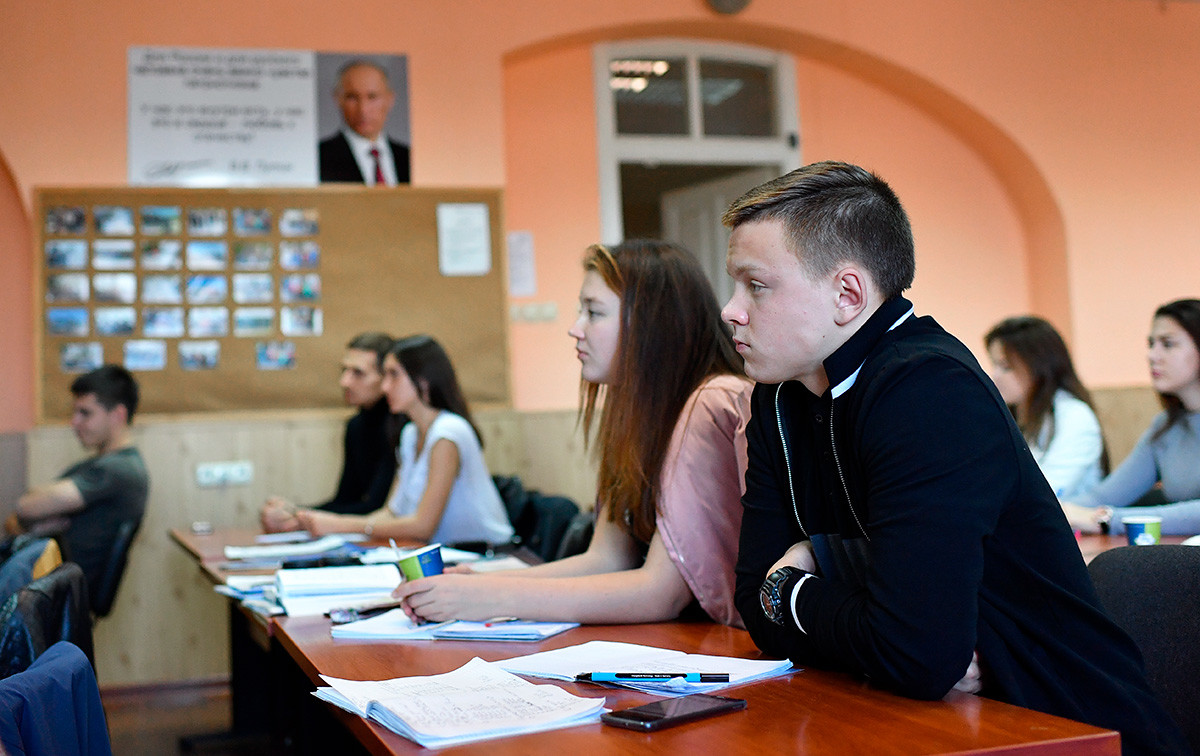
In Russia, all levels of education are free for everyone: pre-school education (kindergartens), primary and secondary school, professional colleges or universities.
The only thing is that parents must pay a certain share of the cost of keeping their child in a kindergarten (the share is set by the local authorities, and cannot exceed 20 percent of the total cost). For example, in 2017/2018, this amount was not higher than 3,500 rubles per month, or $55. It covers such things as communication services, transportation services, or facilities maintenance and the purchase of necessary things, such as toys, pencils, etc.
When it comes to higher education, things become tougher: the number of available spots funded by the state is limited, and there is competition for them. Also, you can get a professional degree for free only once in your lifetime. But it does not matter when. For example, you can get your first degree having paid for it, and then get a second degree for free, if you pass the competition.
There is also a mixed option: you can pay for several years of study yourself, show excellent academic results and then continue your studies for free, provided the university has a vacant place funded by the state.
4. Healthcare
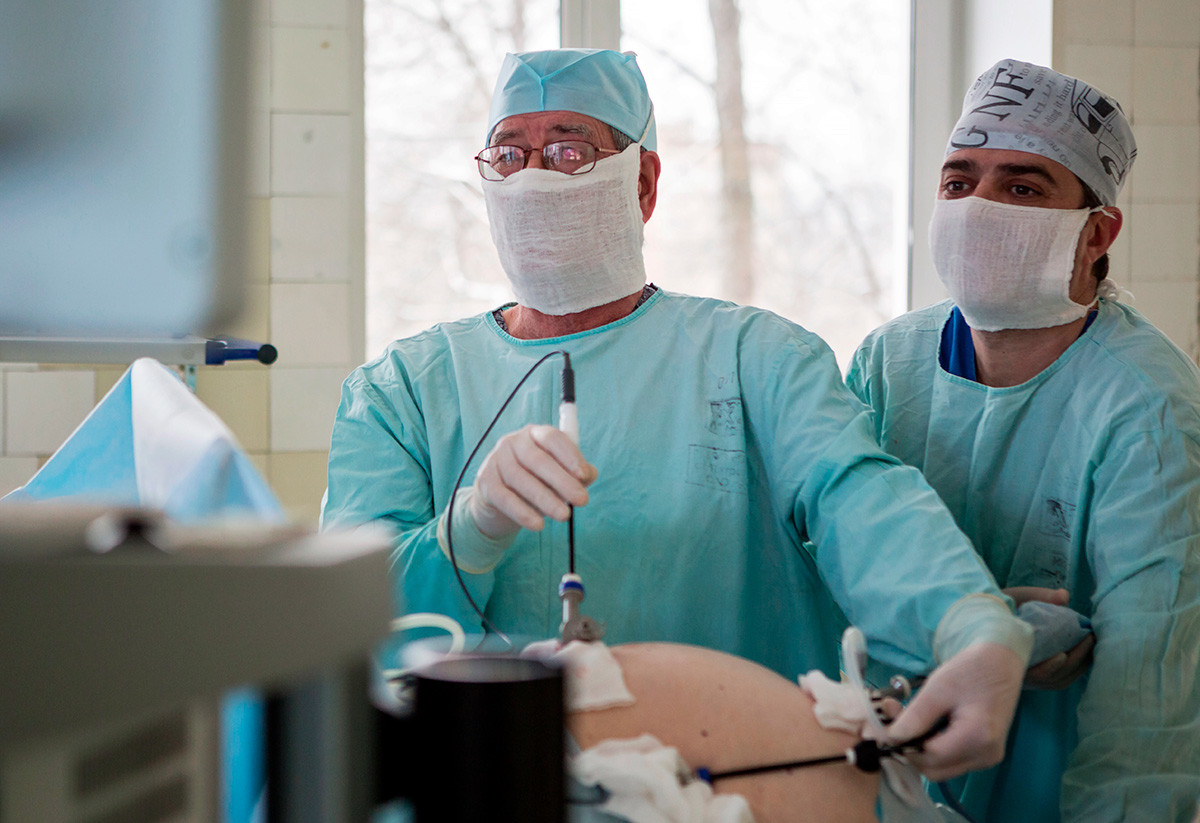
Every Russian citizen has the right to free medical care if they fall ill. Basic free insurance (compulsory medical insurance) offers a pretty impressive package of services. For example, it covers treatment of mental health disorders, neoplasms, abortions or IVF treatments – all these are available in state clinics for free.
As is with free housing, free medical care will not be quick: there can be a long waiting time to see a doctor, and in case of a serious illness, patients may have to seek approval from a commission and undergo numerous tests in order to receive free treatment from the state. Yet, despite the waiting time and delays involved, many people still prefer compulsory medical insurance to buying voluntary insurance policies.
5. Free transport
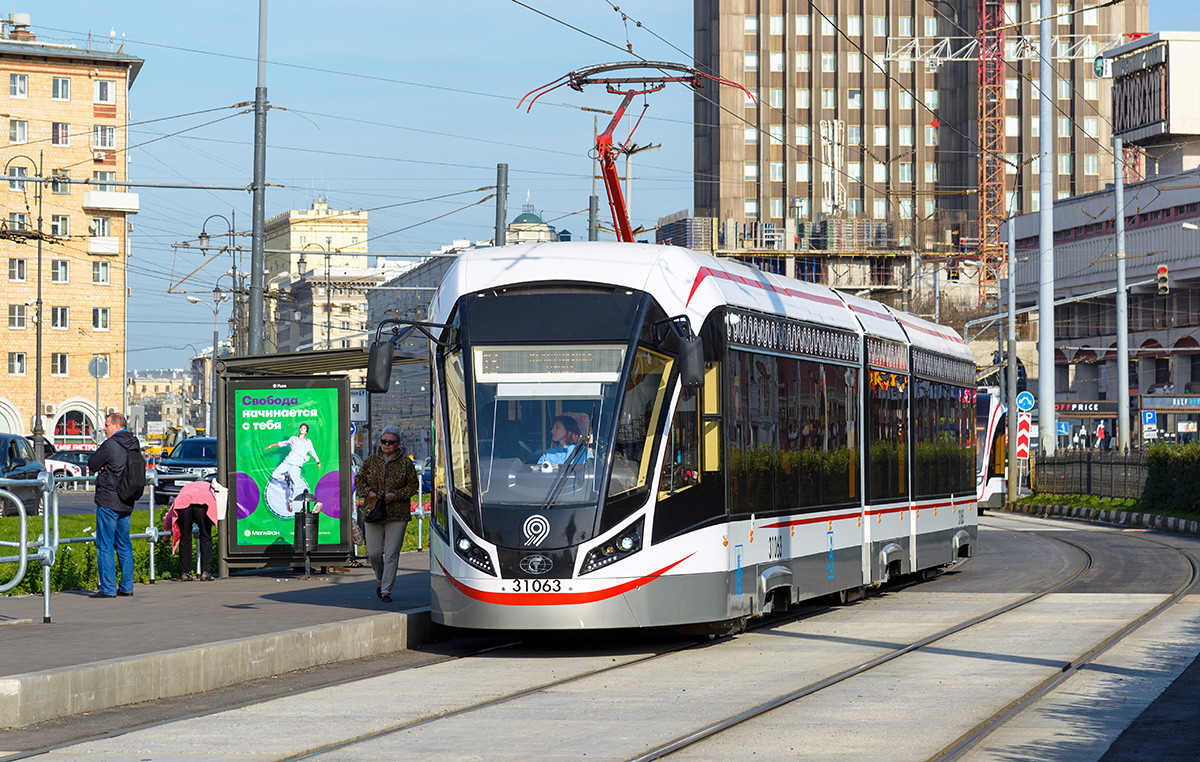
Here things are not as straightforward, because each Russian region sets its own rules. For example, in Moscow pensioners are entitled to free travel not only by bus, tram or trolley, but also by metro and even commuter trains since all of the above are considered public transport. However, in another region, this benefit may cover only trolleys, buses and trams.
One way or another, you are sure to be entitled to free public transport or other benefits in Russia if you are one of the following: a senior citizen, a labor veteran, a WWII veteran, a school child or a child under seven, if you are disabled, an orphan, a student, a parent of a large family, or a 'Heroine Mother', i.e. a woman who has given birth to and raised 10 or more children.
On some holidays, public transport becomes free for everyone: for example, on the first night of a new year or on a city day.
If using any of Russia Beyond's content, partly or in full, always provide an active hyperlink to the original material.
Subscribe
to our newsletter!
Get the week's best stories straight to your inbox